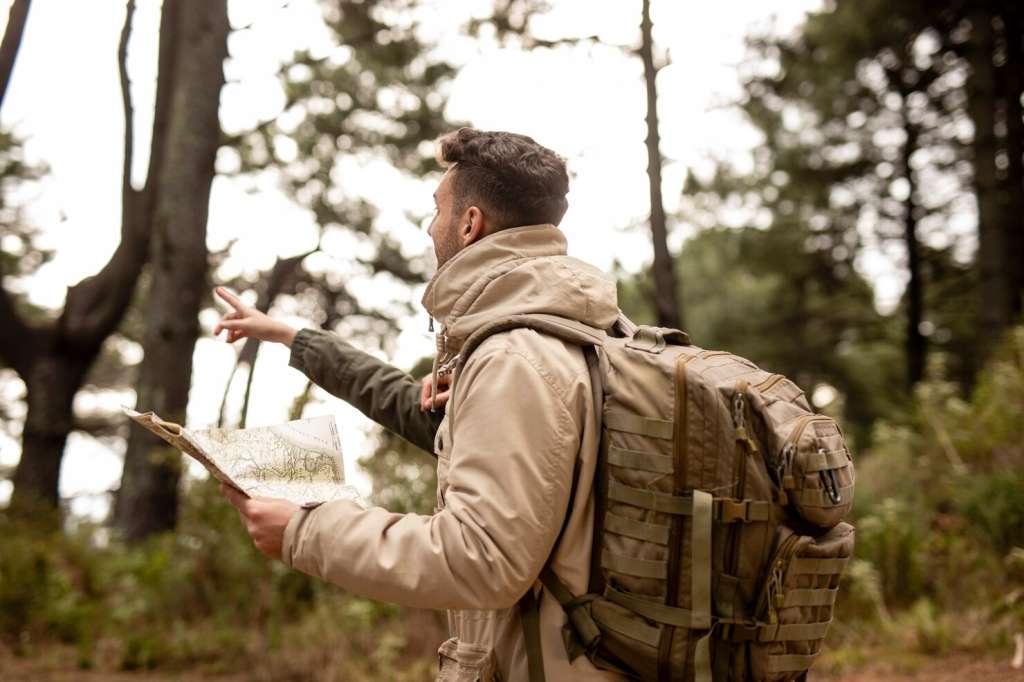Imagine the rustle of leaves underfoot breaking the stillness of dawn, heralding the start of your hunting adventure. But don’t head out just yet! Before you take your next steps into the wild, look over this guide for some helpful intel. Planning a successful hunt requires thoughtful preparation, a strategic mindset, and a deep respect for nature. Whether you’re a seasoned hunter or a novice, this guide will help you navigate the intricacies of planning your next hunting outing.
Choosing the Perfect Locale
Selecting your hunting location requires a blend of knowledge and instinct. Dive into research on the terrain of an area. Consult topographical maps and familiarize yourself with the area’s regulations. Understanding local wildlife patterns and environmental conditions enhances the strategic selection of your hunting spots, maximizing your potential for success. Consider reaching out to local hunters or wildlife officials for insider tips on prime hunting areas. Their expertise can provide valuable insights into hidden gems that may not be readily apparent on a map.
Assembling Your Hunting Kit
Having high-quality gear that aligns with both your hunting style and environmental conditions means fewer distractions and more focus on the target. Compile a checklist of essentials, including your weapon of choice, appropriate ammunition, camouflage attire, and robust safety equipment. It’s also wise to pack a first-aid kit, reliable navigation tools, and sufficient food and water. Additionally, consider bringing backup supplies for critical items like ammunition and navigation in case of unexpected mishaps in the field.
Sharpening Your Hunting Skills
Hunting is an art that demands precision and skill. Regular practice at a shooting range enhances your shooting accuracy and familiarizes you with your firearm or bow. In the wilderness, practice moving silently and observing your surroundings without startling wildlife. Additionally, consider participating in simulated hunting scenarios or workshops to hone your decision-making skills and learn effective tracking techniques from experienced hunters in your community. These hands-on experiences can elevate your hunting proficiency to the next level.
Understanding Wildlife and Habitat Conservation
Ethical hunting practices are fundamental to preserving the delicate balance of ecosystems. Adherence to regulations and a commitment to sustainable hunting practices reflect a hunter’s respect for nature. Selective harvesting practices ensure that only clear, ethical shots are taken to prevent unnecessary suffering and promote conservation. Furthermore, actively engaging in habitat restoration projects and supporting wildlife conservation initiatives through volunteer work or donations can contribute to the long-term health of ecosystems and the sustainability of hunting opportunities for future generations.
Ensuring a Safe Hunting Experience
Safety is paramount in any outdoor activity, especially hunting. Informing a trusted contact about your hunting plan and expected return provides a safety net in case of unexpected events. Carrying a communication device, dressing for the weather, and wearing high-visibility clothing are all essential safety practices. Additionally, familiarize yourself with basic first-aid techniques, including treating common injuries like cuts, sprains, and insect bites, and consider taking a wilderness first-aid course to be better prepared for emergencies in remote hunting locations. A proactive approach to safety can make all the difference in ensuring a successful and enjoyable hunting experience.
Strategizing for Optimal Results
A successful hunt requires more than basic preparation; it involves strategic thinking and adaptation to evolving conditions. Studying animal behavior, tracking skills, and choosing the right times for hunting can dramatically increase your success rate. The best hunting destinations in North America offer diverse environments and wildlife, making them ideal for applying these strategies and securing a fruitful outcome. Remember to remain flexible in your approach. Adjust your tactics based on factors like weather, terrain, and animal movements to maximize your chances of a successful hunt.
Conclusion
Planning your hunting adventure involves careful consideration of many factors, each playing a vital role in the overall experience. From selecting the right location and gathering essential gear to honing hunting skills and practicing safety, each element is a step towards a successful and memorable outing. With respect for wildlife and an emphasis on safety, hunters can enjoy the rich tradition of hunting while contributing positively to conservation efforts. Gear up, embrace the challenges, and enjoy the profound satisfaction of a well-planned hunt in the wild.











